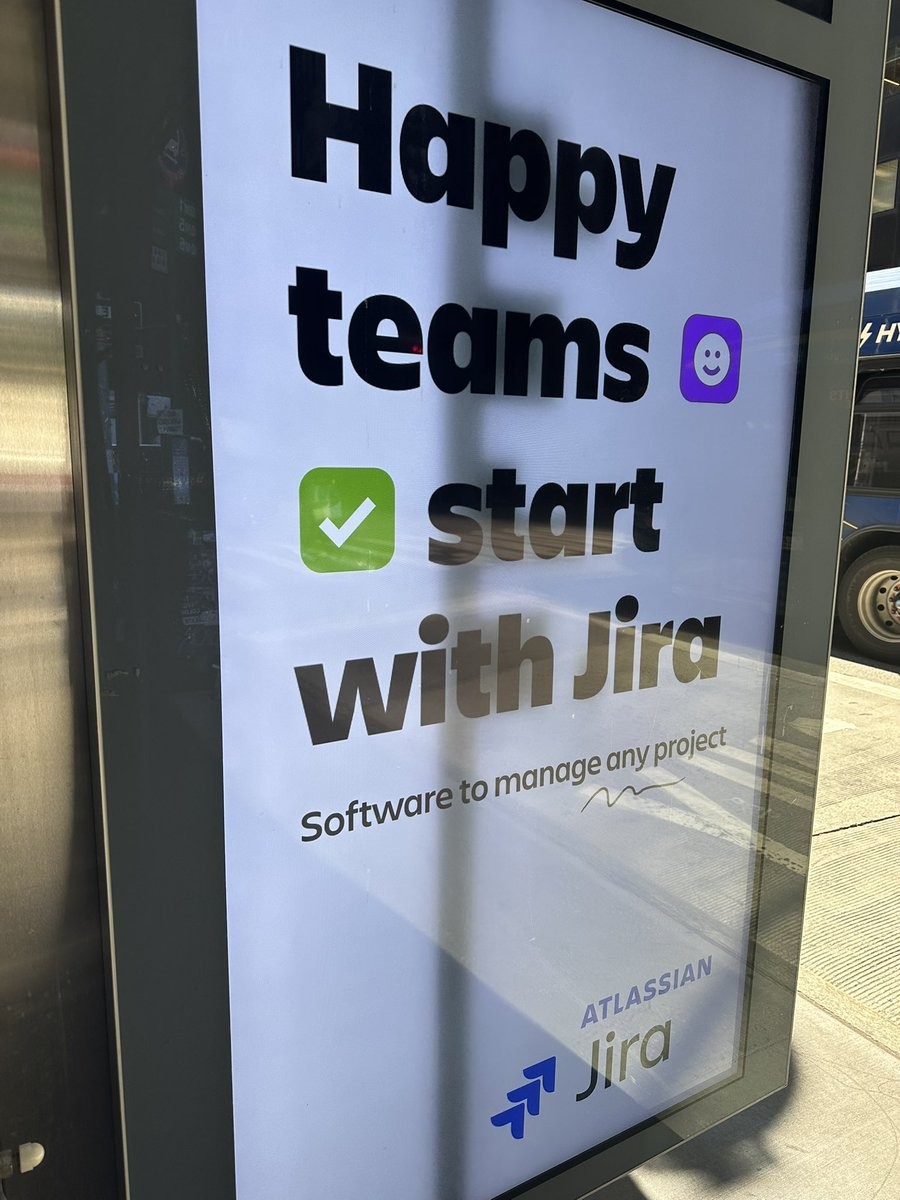I just had a random thought: a common pattern in Rust is to things such as:
let vec_a: Vec<String> = /* ... */;
let vec_b: Vec<String> = vec_a.into_iter().filter(some_filter).collect();
Usually, we need to be aware of the fact that Iterator::collect() allocates for the container we are collecting into. But in the snippet above, we've consumed a container of the same type. And since Rust has full ownership of the vector, in theory the memory allocated by vec_a could be reused to store the collected results of vec_b, meaning everything could be done in-place and no additional allocation is necessary.
It's a highly specific optimization though, so I wonder if such a thing has been implemented in the Rust compiler. Anybody who has an idea about this?

Haha, sure thing!
So, today, TurboPascal isn’t a very popular programming language anymore. But that’s okay! We have new programming languages nowadays. Some of the popular languages that we use today include JavaScript, TypeScript and CSS. You don’t need to know much about these languages, except that they’re commonly used for creating websites and apps that run on the web.
Now, assume you want to create a website or a webapp, and you were to learn these languages for that purpose. In that case you have quite a learning experience ahead of you, which is great! Learning can be fun! But what’s not so great is that these languages have lots of room to make mistakes. Now, everyone makes mistakes, that’s just a fact of life, but when mistakes can be avoided, that’s generally preferred.
This is where Biome comes in: It is a tool – we call it a linter – that helps you to detect many kinds of common mistakes. It can show you where these mistakes are, and sometimes even fix them for you. It can also show you possible mistakes, things that are not necessarily a mistake, but things that look suspicious.
And on top of that, Biome offers you another tool: It’s called a formatter. When you write your code, it automatically takes care for you that the code looks consistent. So it fixes things like indentation and other use of whitespace for you, as well as where to place your parentheses and stuff like that.
Together, hopefully these two things can make your programming experience a little bit more enjoyable. Cheers!